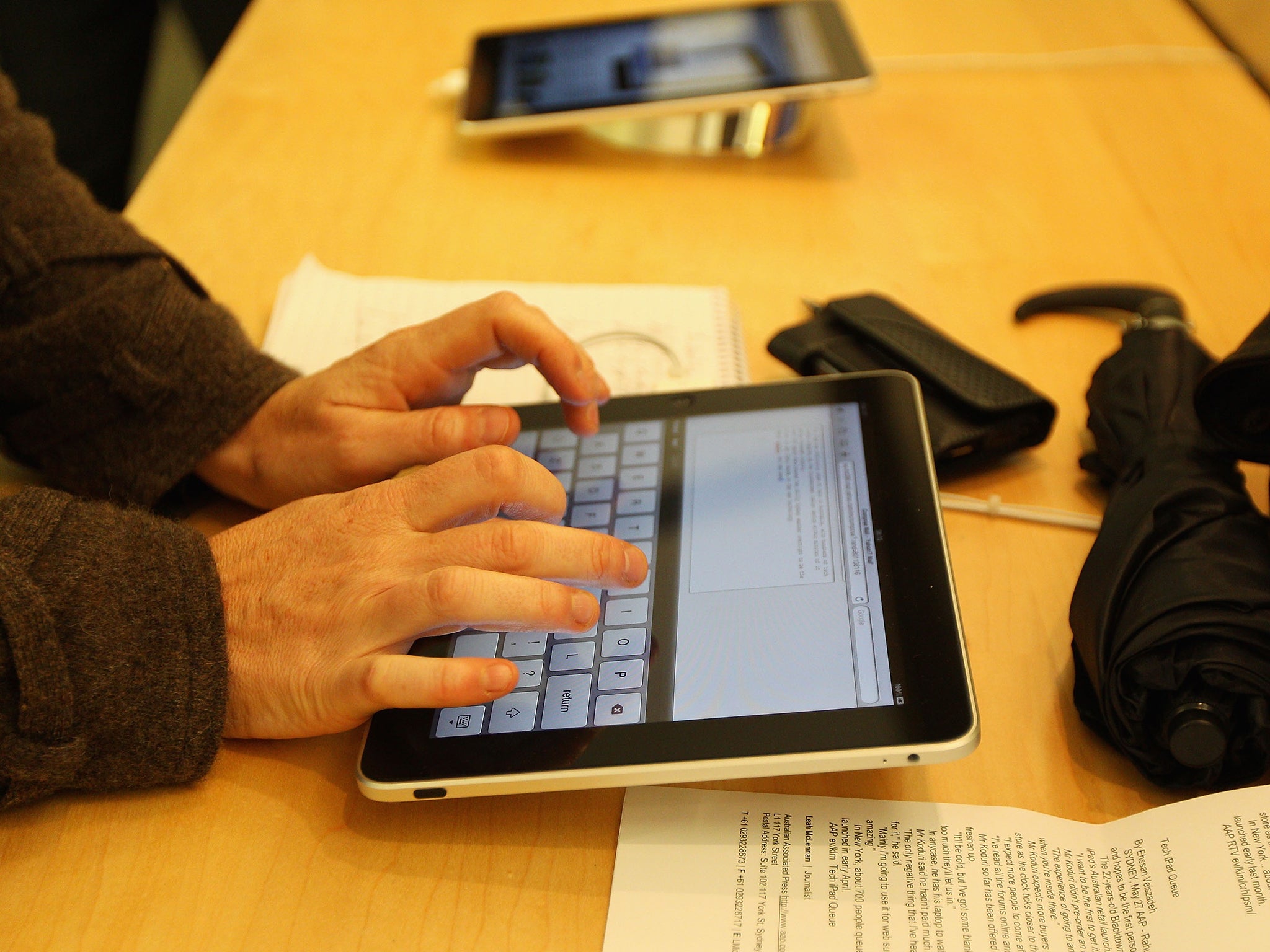The 1 word you should never use to start an email
Hotel magnate Jonathan M. Tisch has a rule he applies to all his email correspondence, and suggests you do too

If there's one thing that will put any email recipient off, it's immediately making the email about yourself by starting with "I."
At least that's what Jonathan M. Tisch, co-chairman of the board of the Loews Corporation and chairman of its subsidiary Loews Hotels & Resorts, tells the New York Times' Adam Bryant.
Before email became the popular correspondence vehicle it is today, formal letter writing instruction was something of a staple in schools, and it was considered by some bad etiquette to begin a correspondence with with "I."
Tisch learned this in his first month working at Loews Hotels in 1980.
"My boss told me that whenever you're writing a letter — and now it applies to emails today — never start a paragraph with the word 'I,' because that immediately sends a message that you are more important than the person that you're communicating with," Tisch explains to Bryant.
Today, he continues to apply this rule to all his email correspondence, and encourages others to do so as well.
"When you start to train your thinking about how to not use 'I,' you become a better writer, and it teaches you how to really think through an issue," he explains. "What are you really trying to say and how are you going to say it without starting the paragraph with the word 'I?'"
Read more:
• Why iPhone sales may be in decline
• Adblock Plus reveals how it makes its money
• Malala condemns Trump's proposed Muslim ban
Read the original article on Business Insider UK. © 2015. Follow Business Insider UK on Twitter.
Join our commenting forum
Join thought-provoking conversations, follow other Independent readers and see their replies
Comments
Bookmark popover
Removed from bookmarks